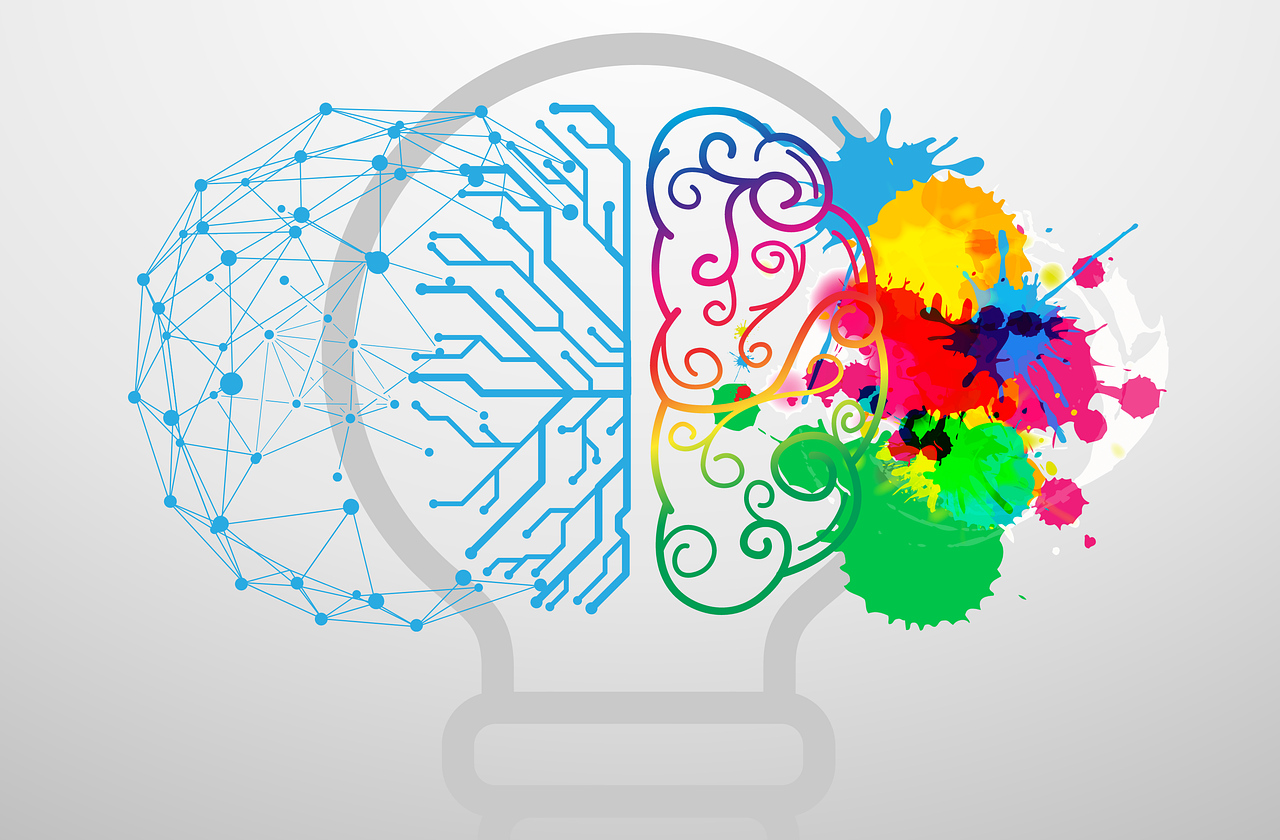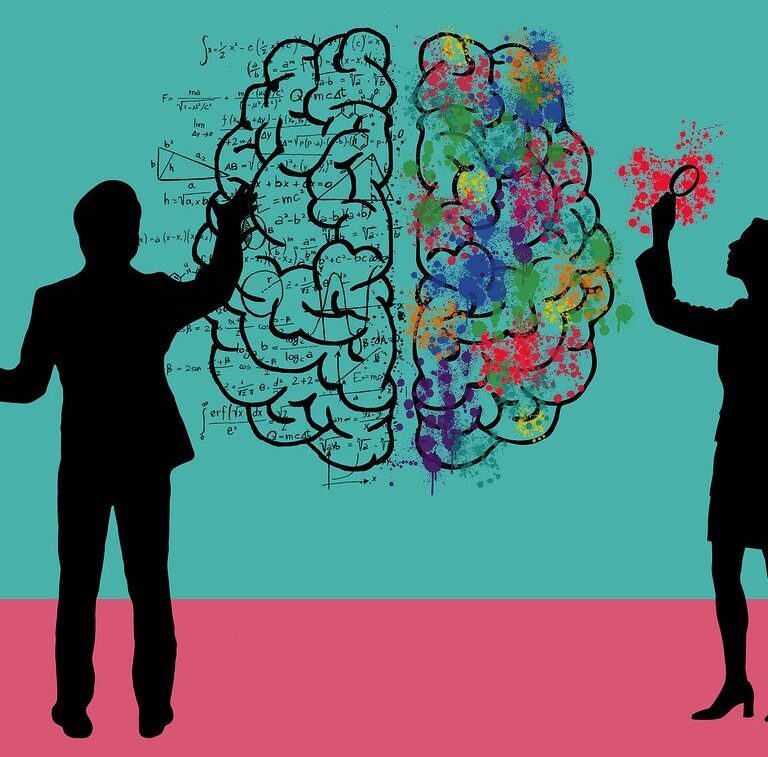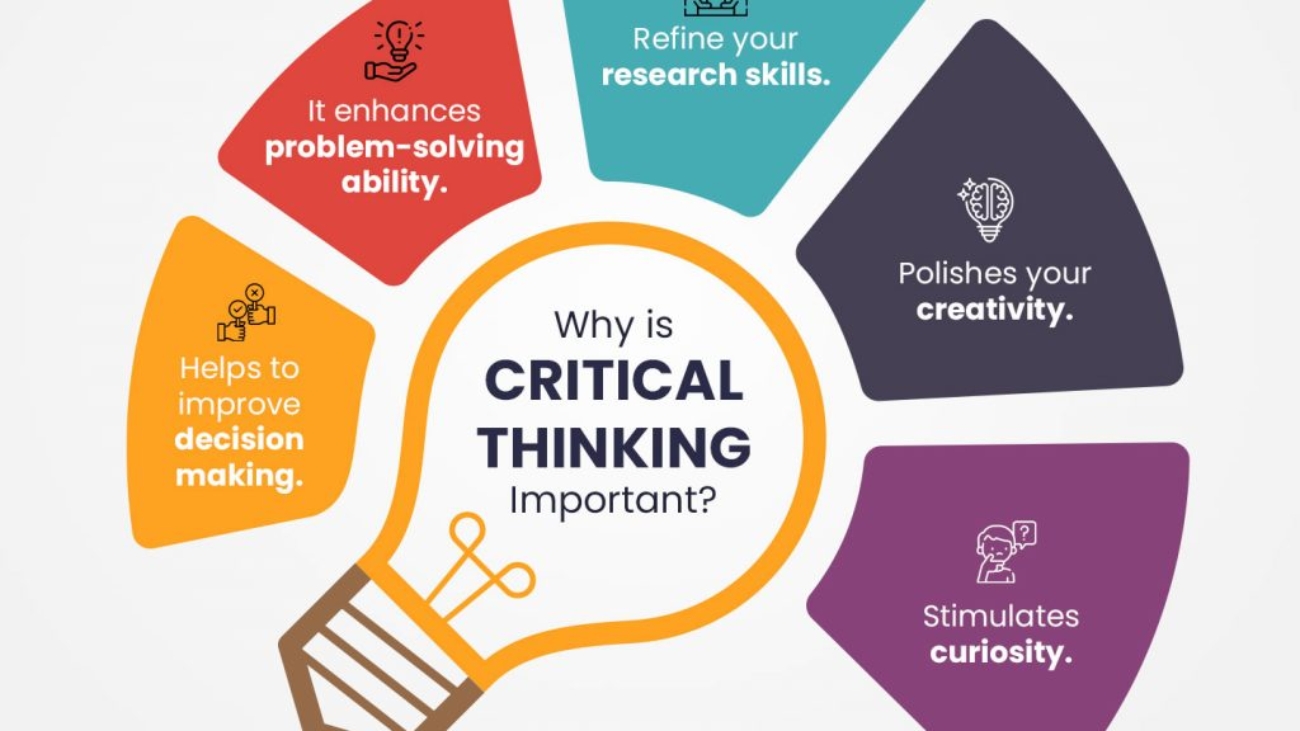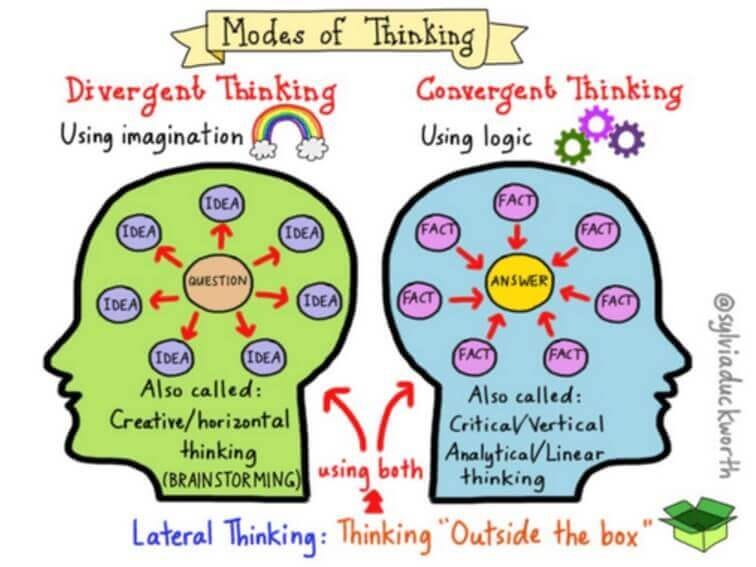Every child has unique strengths and abilities waiting to be unlocked. Understanding the fascinating concept of left brain vs. right brain development can provide valuable insights into your child’s learning styles and potential. In this blog post, we will explore the differences between the left and right brain hemispheres, their roles in learning, and how a balanced approach can help unlock your child’s full potential.

Left Brain vs. Right Brain:
The human brain is a complex organ with two hemispheres, each responsible for different functions. The left hemisphere is associated with logical thinking, analytical reasoning, language processing, and mathematical abilities. It is often referred to as the “dominant” hemisphere. On the other hand, the right hemisphere is responsible for creativity, imagination, intuition, and artistic skills. These hemispheres work together, but some individuals may have a dominant side that influences their learning preferences.
The Importance of a Balanced Approach:
While left and right brain functions are essential, a balanced approach that nurtures both sides is critical for unlocking your child’s potential. Providing opportunities for logical thinking and problem-solving exercises (left brain) alongside creative activities like art, music, and imaginative play (right brain) fosters a well-rounded development. This balance allows children to explore and develop their unique strengths while expanding their overall cognitive abilities.
Identifying Your Child’s Strengths:
Observing your child’s preferences and learning styles can offer insights into their dominant brain hemisphere. Children who excel in mathematics, language, and logical reasoning may lean towards left-brain dominance. Conversely, those who demonstrate artistic talent, creativity, and a strong imagination may have a more dominant right brain hemisphere. Recognizing these strengths allows you to tailor their learning experiences and provide appropriate opportunities for growth.

Encouraging Left Brain Development:
To support left brain development, engage your child in activities that involve critical thinking, problem-solving, and logical reasoning. Math puzzles, Sudoku, board games, and science experiments are excellent ways to stimulate the left hemisphere. Incorporate reading, writing, and mathematical exercises into their daily routine to strengthen their language and analytical skills further.
Fostering Right Brain Development:
To nurture right brain development, encourage your child’s creative expression through art, music, dance, and imaginative play. Provide opportunities for them to explore their artistic abilities, make up stories, or engage in role-playing. Encourage free thinking, brainstorming, and open-ended projects that allow their imagination to flourish.
A Holistic Approach for Optimal Development:
While it’s valuable to focus on each hemisphere individually, it’s important to remember that the brain functions as a whole. Encouraging activities that integrate both left and right brain functions can enhance overall cognitive abilities. For example, activities like learning a musical instrument involve coordination, problem-solving, creative expression, and logical thinking.

Unlocking your child’s potential involves recognizing and nurturing the unique strengths of their left and right brain hemispheres. By providing a balanced approach that combines logical thinking with creative expression, you can create an environment that supports their holistic development. Remember that every child is different, and understanding their individual leaning styles is key to unlocking their full potential. Embrace the journey of discovery, provide diverse experiences, and watch your child thrive as they tap into their remarkable capabilities.











